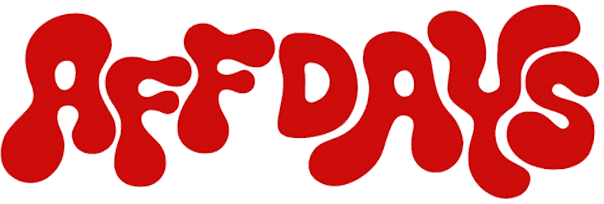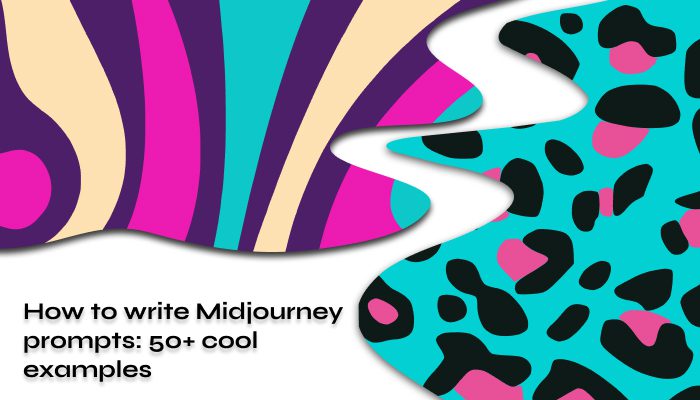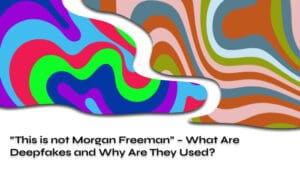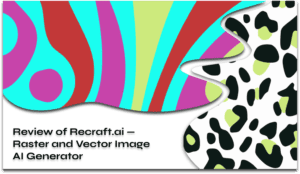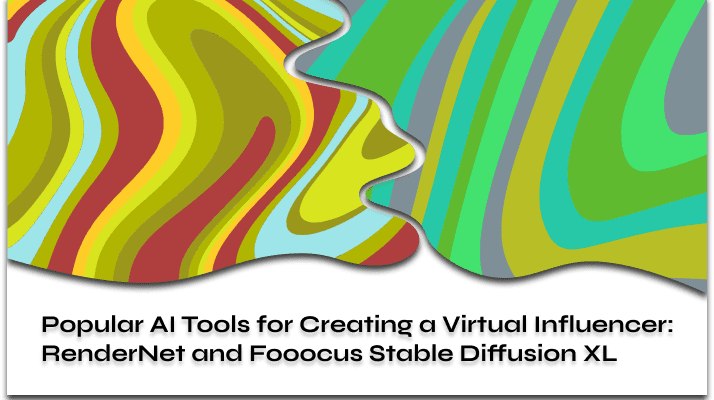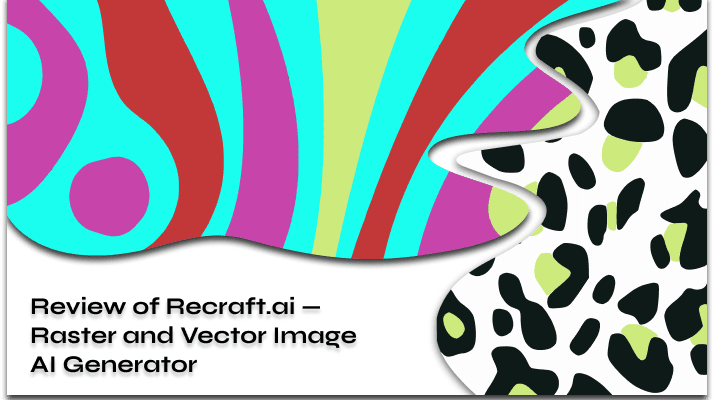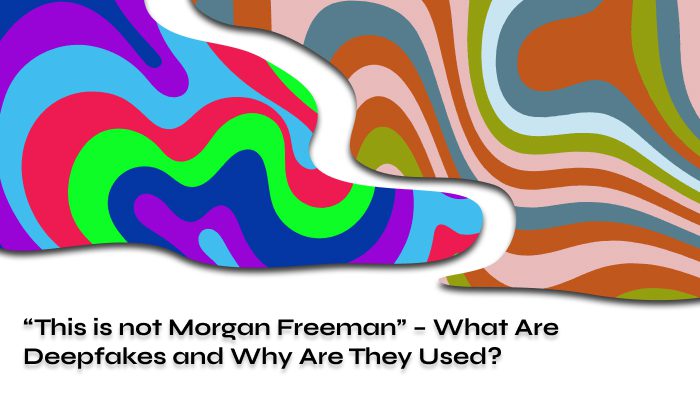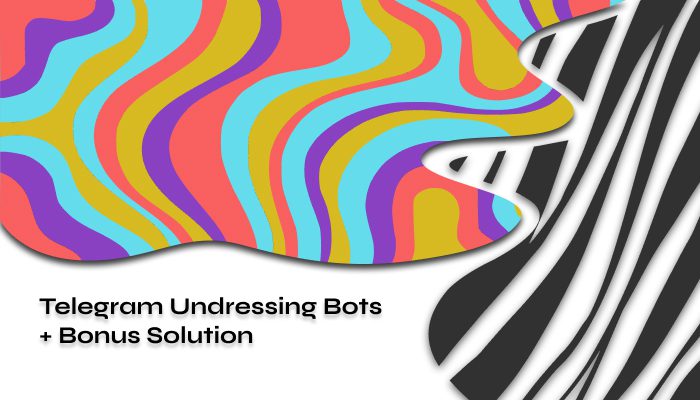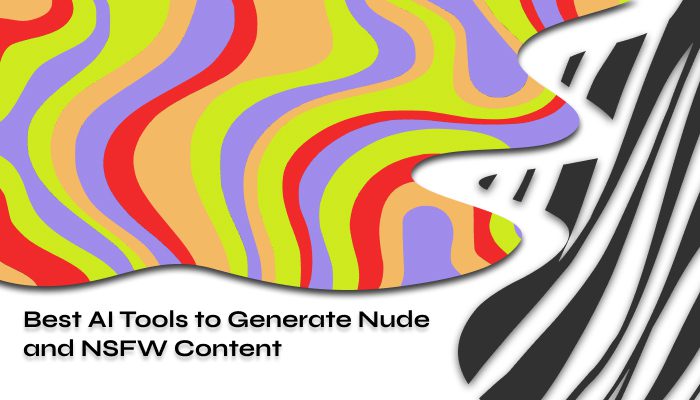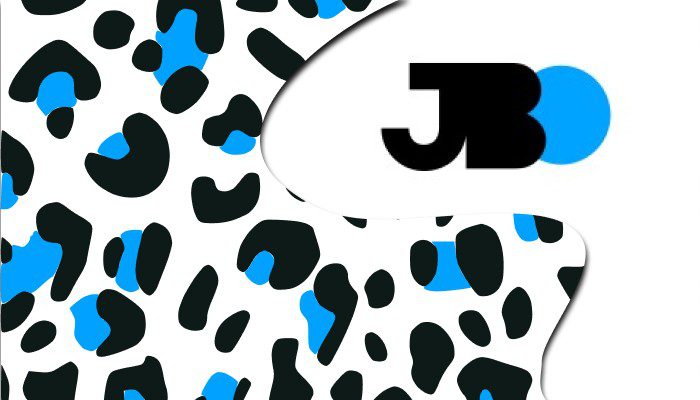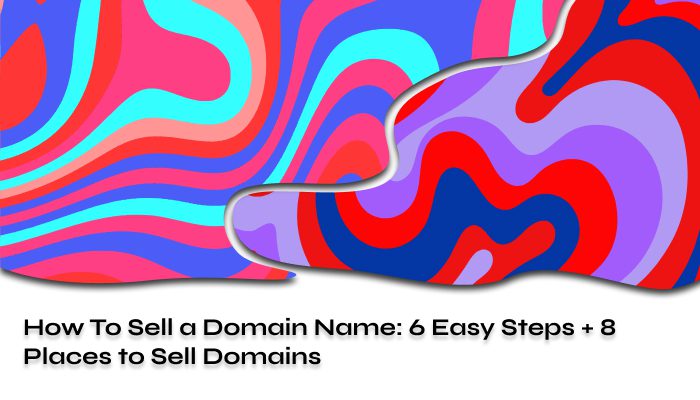We live in an amazing time, witnessing artificial intelligence revolutionizing content creation. AI tools are rapidly becoming a part of our lives, replacing not only objects in photos but also people in some instances. The first field that has already been impacted by this progress is design. To obtain a unique image, all you need to do is provide a textual description, and the AI tool will handle the rest. Here, we are primarily talking about Midjourney. In this article, we explain how to input Midjourney prompts, what to pay attention to, and what non-obvious features are available.
- What are Midjourney prompts and why are they needed?
- How to write Midjourney prompts?
- Punctuation
- Exclusions
- Style
- Photorealism
- Subject
- Environment
- Weather effects
- Other aspects
- 50+ best Midjourney prompts
- Prompts for portraits and photos
- Prompts for photo editing
- Prompts for architecture and interior design
- Prompts for creating logos and graphic design
- Prompts for animation and pixel art
- Generator of random Midjourney prompts
- 4 tips on creating cool and unique Midjourney prompts
- Explore thematic sources for inspiration
- Combine styles for unconventional ideas
- Use random and unexpected combinations
- Don’t give up trying to generate things
- Conclusion
What are Midjourney prompts and why are they needed?
A prompt is a textual description that helps the AI understand what is required of it. If you provide something very simple, such as the word ‘tiger’, the result will be quite predictable:
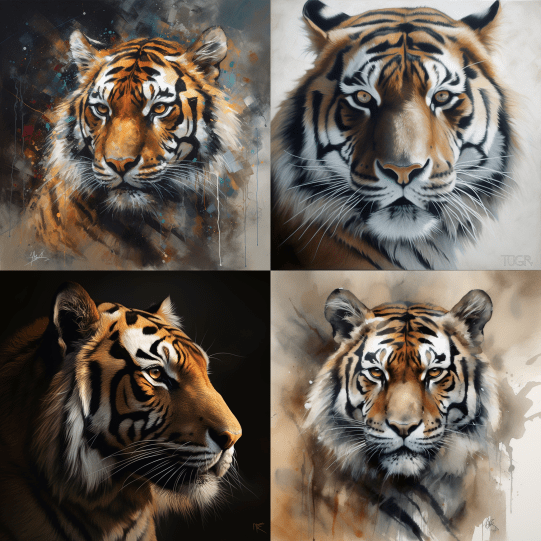
Such request execution is very similar to one of the Instagram filters, and this is the basic perception of the artificial intelligence. To obtain truly unique images, queries need to be as detailed as possible. We will explain how to do this further.
How to write Midjourney prompts?
A proper Midjourney prompt has a set of characteristics. Include everything you consider important because whatever you don’t describe, the AI generator will interpret on its own. And it is not as receptive to implicit information as the human brain.
Here are some other things to pay attention to:
Punctuation
In most cases, Midjourney does not pay attention to punctuation marks. However, we strongly recommend using them to structure your queries. Here’s what the AI generator understands:
Hyphen (—) is used to separate parameters, for example — 16:9 (aspect ratio), — v 5 (AI’s version), — no + object that should not be in the image.
Double colon (::) is used to determine the weight of a fragment in the final image. Let us explain a bit: if a query consists of multiple parts, you can separate them with these double colons followed by numbers. The higher the number, the more important this fragment will be for the final generation.
Exclusions
If you need to exclude something from the picture you’d like to generate, do not use the word ‘without’ as the AI doesn’t understand it. Instead, use ‘—no’ and the object you’d like to exclude.
For example, we decided to generate an Adidas logo in space but without starts. As you can see, there are no stars indeed.
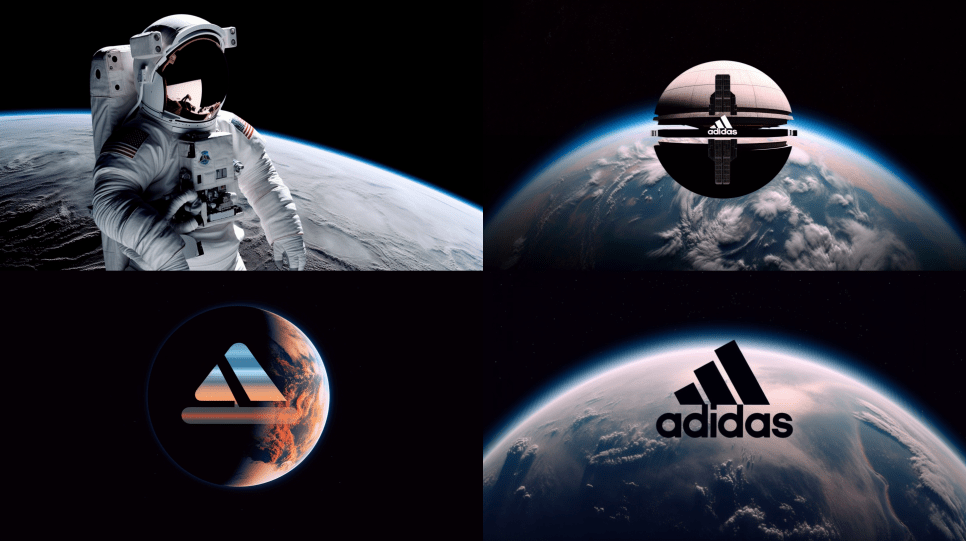
Prompt: adidas logo in space —v 5 —ar 16:9 —no stars
But when we tried to generate a car with no wheels, the AI couldn’t remove them.
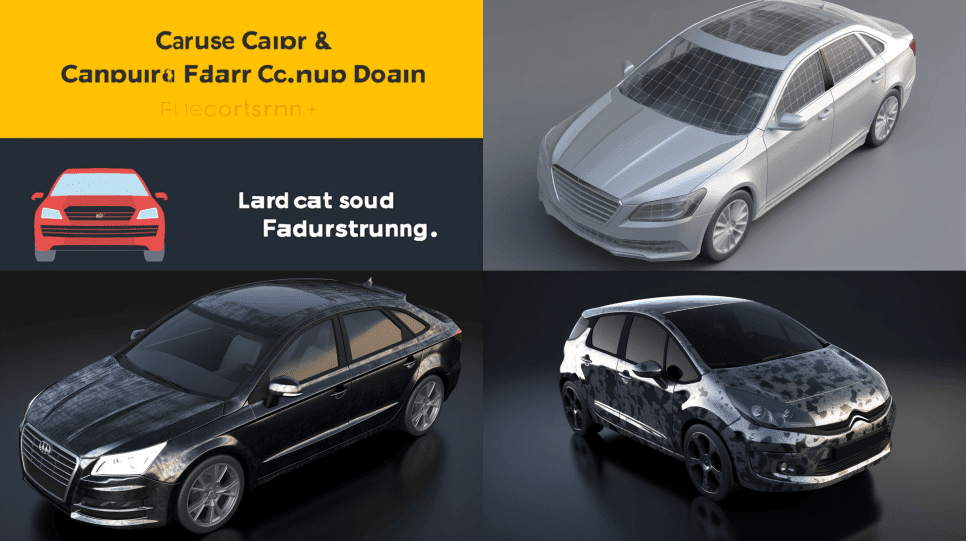
Prompt: car —v 5 —ar 16:9 —no wheels.
Style
Any image can be given a style: an artist’s, an art movement, an era, or animation. For example, a lion in the style of Van Gogh.
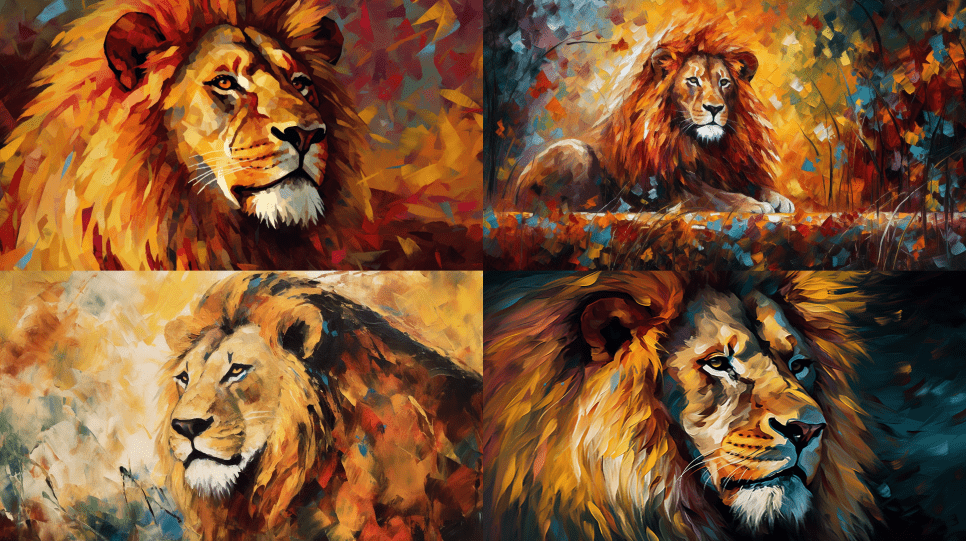
Prompt: Van Gogh style painting of a lion —v 5 —ar 16:9.
Photorealism
Midjourney excels at creating images that are almost indistinguishable from photographs. To achieve such an effect, you need to select:
- Camera type and lens: SLR for film cameras or DSLR for digital cameras;
- Lens: 18, 35, 50, or even 250mm;
- Camera model: Canon, Nikon, Sony, and so on.
Subject
In previous examples, there was only one main character. If there are several, you’d better to be specific. Do not use ‘several’ or ‘a group of’, but ‘three lions’, for example. Or ‘a little girl with a corgi’, as in this image below.
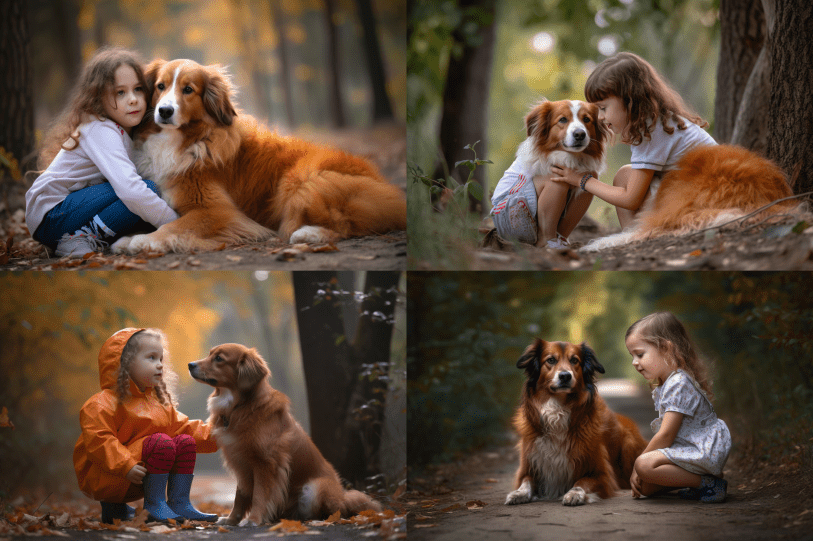
Prompt: Photo with a Canon R5, 50mm, DSLR, of a little girl with a corgi —v 5 —ar 3:2 —no camera.
‘—no camera’ is needed so that the AI does not add the camera itself to the image.
Environment
It also needs to be described in as much detail as possible. Midjourney gives you a fantastic opportunity to combine the uncombinable. For example, sending a pack of tigers for a walk in Moscow.
And yes, sometimes even the smartest AI struggles with counting to three.
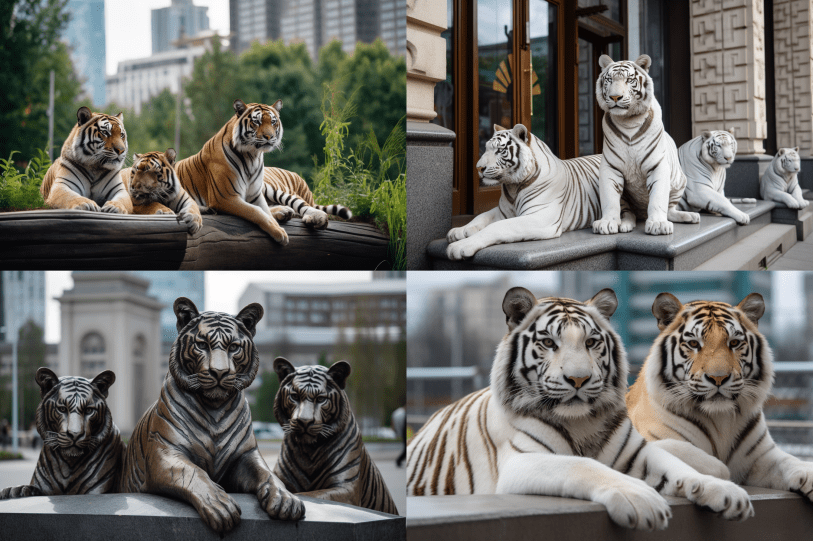
Weather effects
The description of weather and lighting also greatly affects the final result. Here are the same three tigers in the same location on a rainy day.
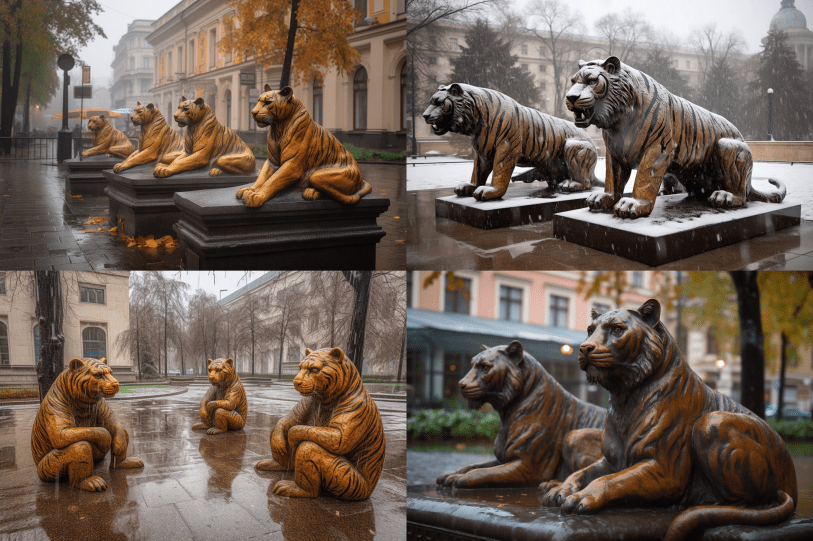
Prompt: three tigers in Moscow, rainy afternoon —v 5 —ar 3:2.
Other aspects
Basically, you can add anything you like to the description. For example, shooting distance, angle, level, and so on. The final result will depend solely on your imagination and how clearly you have formulated your request.
50+ best Midjourney prompts
And now let’s see how all these recommendations will look in practice when creating images from popular categories.
Prompts for portraits and photos
Midjourney can create hyper-realistic portraits and photos that are sometimes impossible to distinguish from shots taken with a real camera. For this, you will need these key words:
- portrait;
- background;
- lighting;
- eyes/ears/forehead and other body parts you want to focus on;
- dynamic pose;
- natural/glamorous/moody;
- photorealistic;
- inspired by;
- with an emphasis on;
- 4/8/16k resolution.
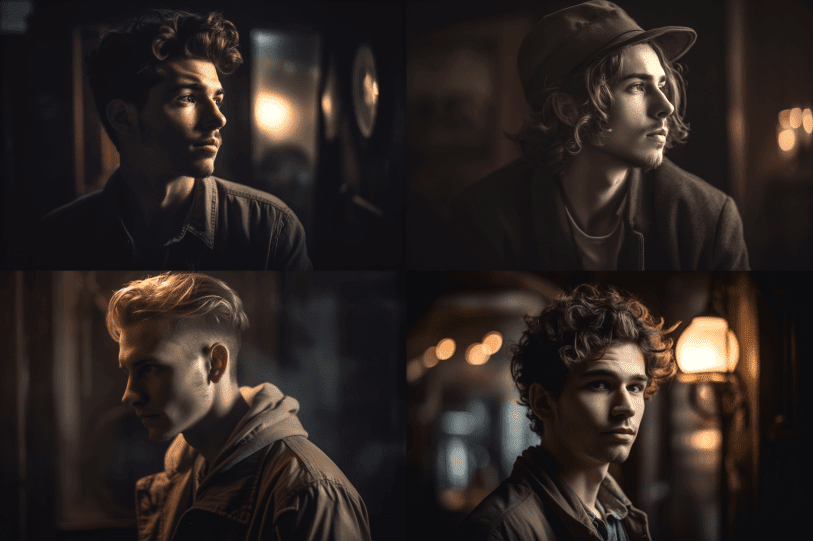
Prompt: a portrait of a young moody man in a futuristic style, monochromatic, with golden lighting, creating a nostalgic and dreamy atmosphere —v 5 —ar 3:2.
The result is simply amazing.
Always keep in mind what you want to achieve in the end and shape your thoughts accordingly. Combine different combinations, experiment, and gradually you will start getting exactly the portraits and photos you envisioned.
Prompts for photo editing
You can’t directly upload a photo for editing — you’ll need to go through a few steps. The most challenging part is uploading the photo to a Discord channel and copying the link to it. After that, everything is done according to the usual scenario: at the beginning of the Midjourney prompt, you paste the link and describe what you want to do with the photo. You can use any techniques from other sections described in our article: change the background, adjust lighting and style, add details, make it colorful or black and white, and so on.
Here are some words that can help you:
- enhance/improve;
- colorize;
- resolution;
- quality;
- and any others — depending on what you want to do.
Here’s what we got from this image using the Midjourney prompt ‘monochromatic‘:

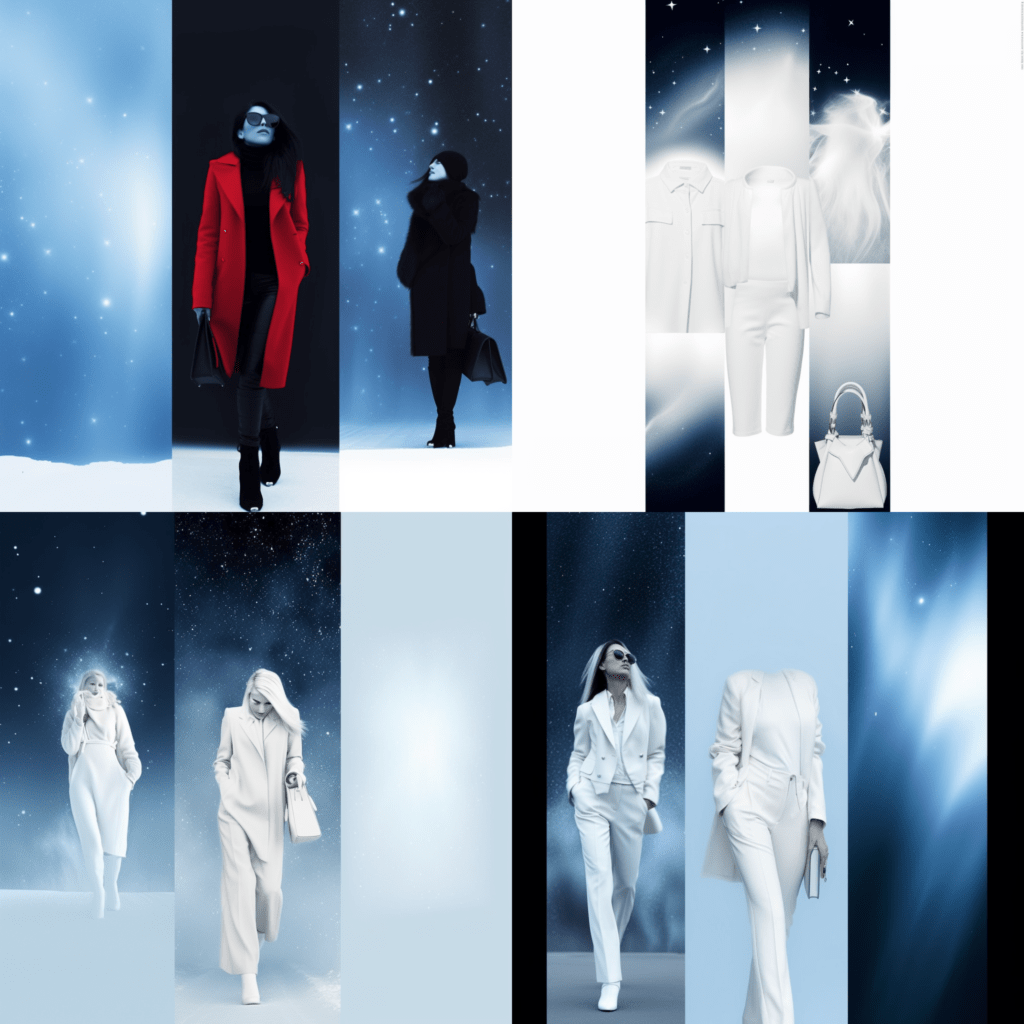
Not exactly what was intended, but okay nonetheless.
Prompts for architecture and interior design
Midjourney has become a real discovery for architects and interior designers. They can get a multitude of ideas for creating their own masterpieces in a particular style with just one sentence. To do this, it’s enough to formulate a request correctly using the following words:
- isometric;
- architecture;
- interior/exterior design;
- (neo)classic;
- clam-shaped;
- old-fashioned;
- (neo)futuristic;
- Victorian;
- office;
- villa;
- home;
- cozy;
- lit up at night;
- barn house.
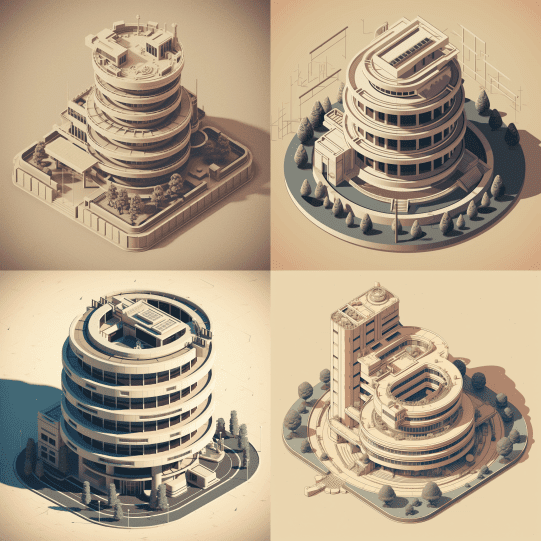
Prompt: an isometric spiral-shaped office building with a Helix design, by Frank Lloyd Wright.
Would you like to work in such a creative space?
In fact, there’s a huge scope for creativity here. Just think about how many styles you can blend and see the results with minimal investments. And don’t forget about specific details like a solar panel roof or a black leather sofa. You can also draw inspiration from well-known architects whose styles you’d like to incorporate.
Sadly or not, Midjourney does not have an option of creating NSFW content, but there are other solutions to it. If you’re interested, we have a top-list of 9 nude AI image generators and undressing services.
Prompts for creating logos and graphic design
Midjourney has also made life easier for designers who create graphic. Especially during moments of creative block. To pass through it faster, here is a list of important words:
- logo;
- style;
- background;
- artistic;
- vibrant colours;
- chart;
- minimalistic;
- theme;
- abbreviation;
- circular vortex;
- vector art;
- geometric;
- modern;
- icon.
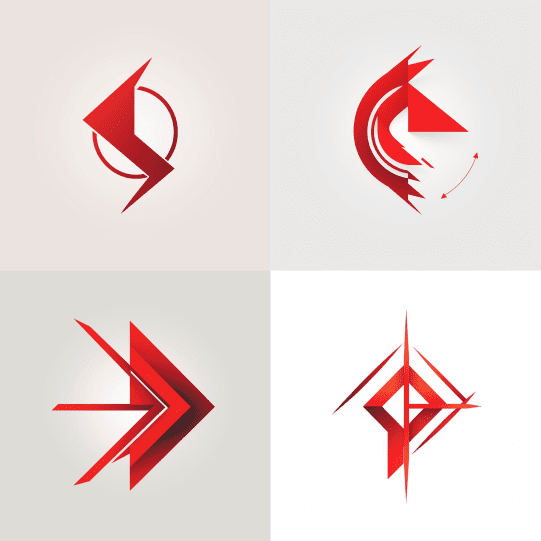
Prompt: minimalist geometric logo of red arrow vector graphic.
The result can be suitable for both gaming apps and delivery services.
Here you can truly unleash your creativity and create truly unique logos and designs. Describing them here is easier than for portraits or interiors, simply because the level of detail is much lower.
Prompts for animation and pixel art
In the life of almost every adult, there comes a moment when they want to set a cartoon character as their avatar. The only thing that could stop them is that such images were usually not unique. Or take a cartoonist who’s tired of inventing new characters. Yes, they probably know how they should look, but they can’t come up with anything. AI generators can help here as well. And to make it easier for you, we’ve prepared a list of words for art and animations:
- pixel;
- anime;
- Disney;
- old games;
- cyberpunk;
- steampunk;
- spooky environment;
- 3d;
- low polygon;
- game sprite;
- Unity/Unreal Engine.
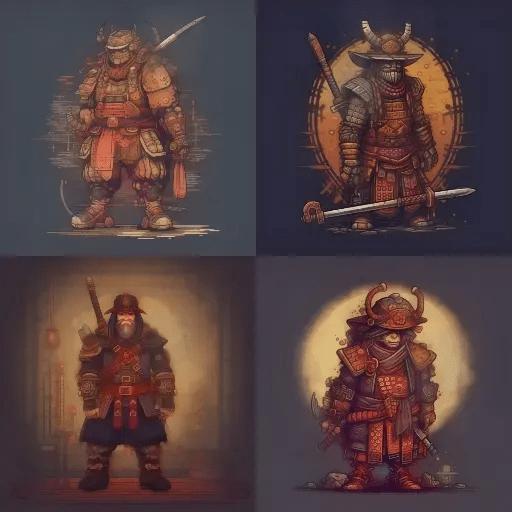
Prompt: steampunk samurai, pixel art, style of old games —v 5.
Would you play as this character?
As in any creative process, you can combine absolutely everything here: modern game engines with low-polygon models and Disney with anime.
Generator of random Midjourney prompts
We’ve created a generator of random prompts for you as a source of inspiration and examples of how to write prompts in general. Feel free to use it!
4 tips on creating cool and unique Midjourney prompts
It often happens that you’ve either tried everything or nothing comes to mind. For such situations, we’ve prepared four tips to help your inspiration break through the deadlock.
Explore thematic sources for inspiration
In our era of unlimited access to information, there are numerous places where people share their works. Check out Instagram, Pinterest, and similar platforms: combine different ideas and try different Midjourney prompts.
If you’re feeling lazy, you can always borrow from the greats, as everything has already been in this world at some point. There are various libraries for this purpose, like Phraser, where people share generated illustrations along with the Midjourney prompts they used.
Combine styles for unconventional ideas
Incompatible styles may seem incompatible at first glance. However, the end result can surprise everyone and even go viral. For example, the combination of Renaissance and anime.
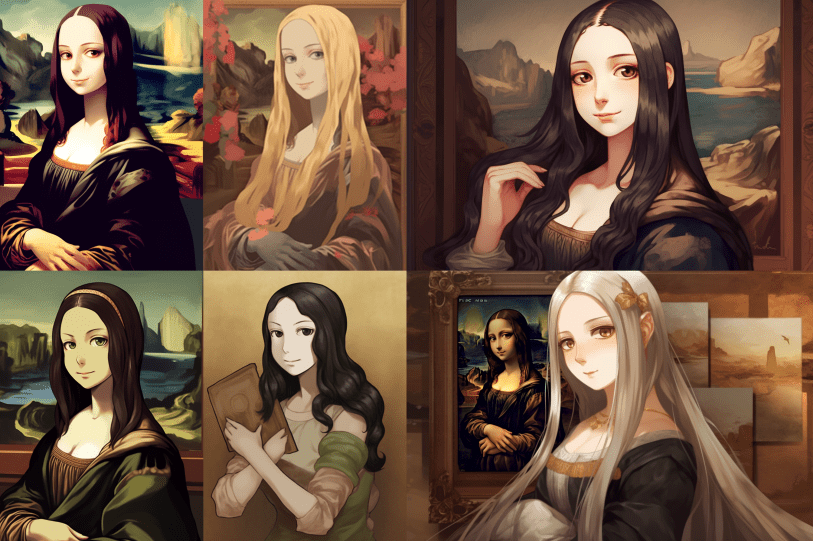
Prompt: Mona Lisa anime style.

Or an abstract chair.
It all depends on what you like and what you want to achieve in the end. The AI generator will take care of the rest.
Use random and unexpected combinations
Marvel has a comic series called ‘What If…’, where they place familiar characters in completely unfamiliar circumstances. Midjourney can do the same, but you don’t even have to leave your home for your favorite Star Wars character to end up in the Middle Ages. Or Harry Potter and his friends from Rowling’s books could move to Dostoevsky’s world.
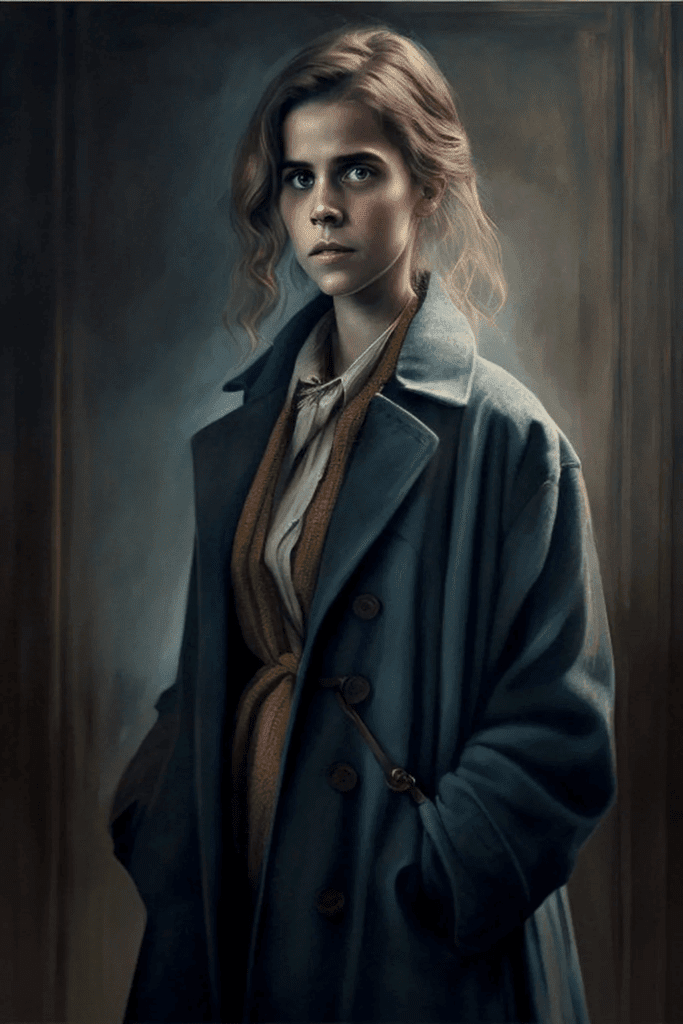
Don’t give up trying to generate things
AI is just AI, so it does not always make exactly what you need. Midjourney, just like any other AI tool, cannot give you pefrect results right away, especially when you ask for very specific things.
But it’s okay — sometimes you’ll just need to try again and again and again. Don’t give up trying: you can either rewrite your prompt using different words or simply press the same button over and over… and all of a sudden you’ll get what you need.
Conclusion
Despite the fact that sometimes the results may not be exactly what we expect, AI tools are constantly improving. They incorporate new algorithms, settings, and parameters that allow them to better satisfy user requests. What the future holds remains uncertain. It’s possible that artificial intelligence will replace many professions, as it has with fast-food cashiers. However, a true revolution will only be said to have occurred when it replaces accountants, a profession that has been predicted to decline for about three decades.
